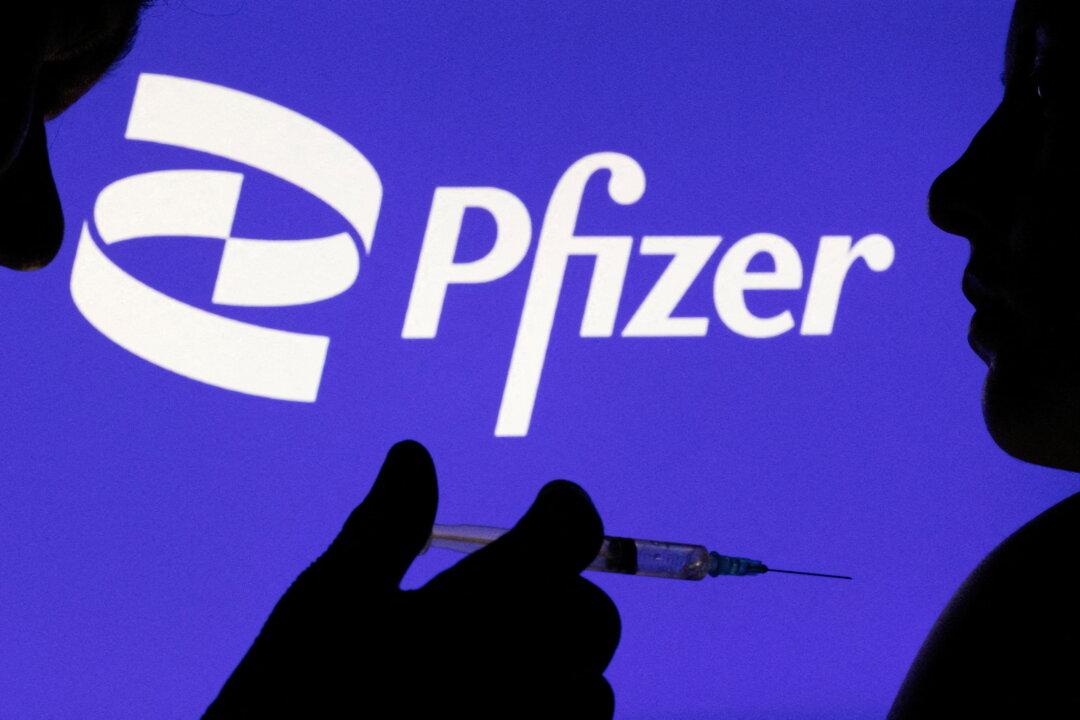Pharmaceutical and biotechnology company Pfizer Inc. missed out on revenue estimates in its latest quarterly revenue published Aug. 1 amid declining sales of its COVID-19 products.
The U.S. drugmaker reported second-quarter revenue of $12.7 billion, missing out on analysts’ estimates of $13.27 billion, according to Refinitiv data, and marking a 54 percent drop from $27.74 billion in the same period a year ago.




